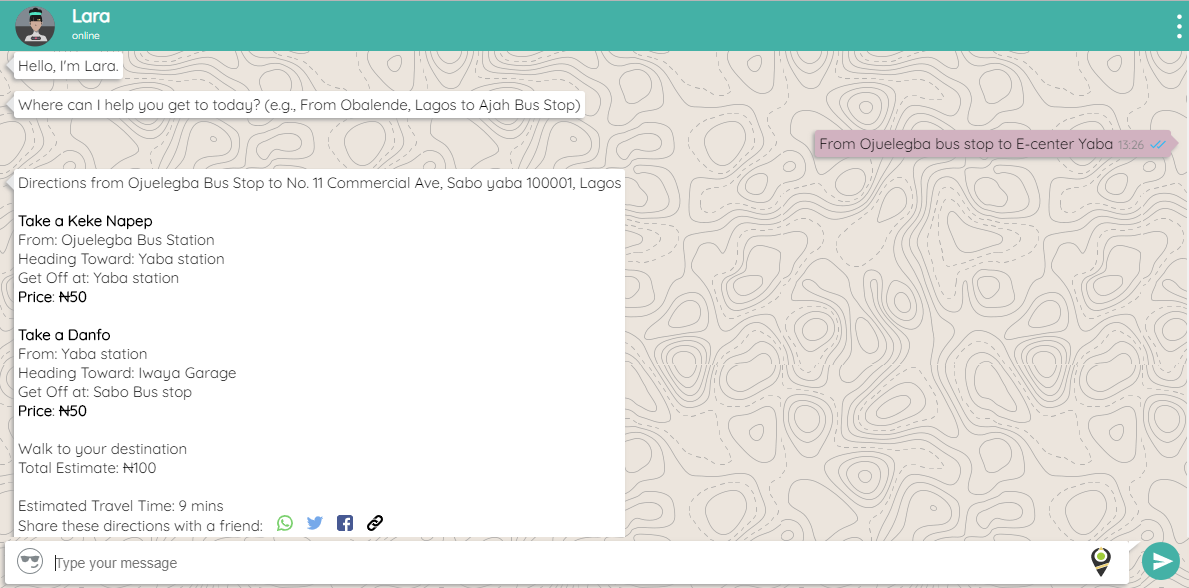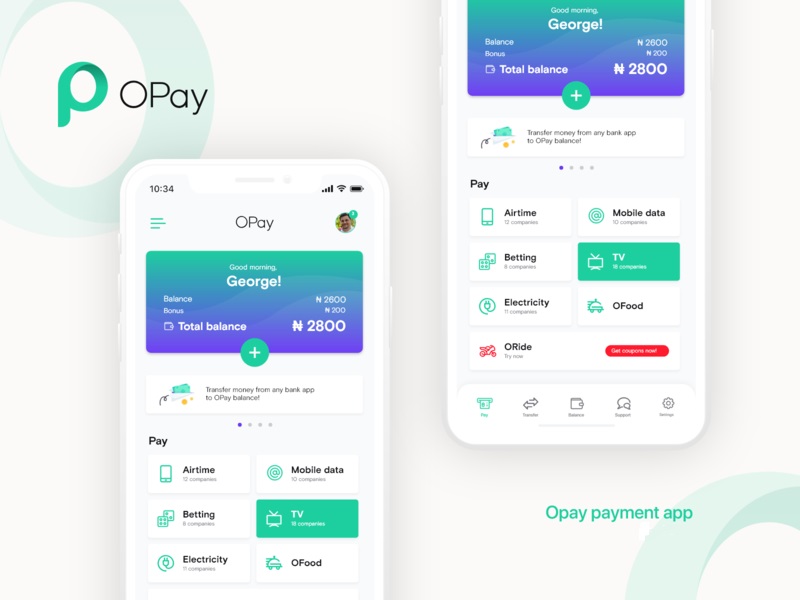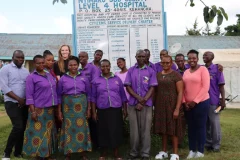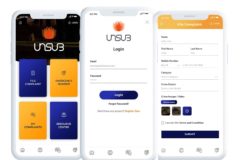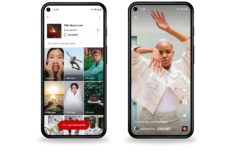Lagos is Google’s first city worldwide with the ‘informal directions’ feature on Maps, says Samuel Odeloye, CEO of Road Preppers Technology Ltd. ‘Informal directions’ allows commuters in the city to obtain information on which buses to join, bus stops to alight and fare estimates.
Road Preppers helped build this feature into Google Maps. But why did Road Preppers help Google implement a feature that, on the face of it, competes with their flagship product, Lara.ng?
Laughing, Odeloye of Road Preppers says the partnership and seeming competition has been the subject of a joke inside Google: “We joke that they [Google] are using us to build a competing feature.”
He is quick to point out that “ultimately, the commuter is the winner.”
Ten years ago, getting around in Lagos via public transport involved asking strangers for directions. It was not unusual to get misleading pointers and find oneself far away from the destination on the other side of town, dripping sweat under the sweltering heat, and spending extra time on Lagos’s omnipresent black-striped yellow buses, popularly called danfo.
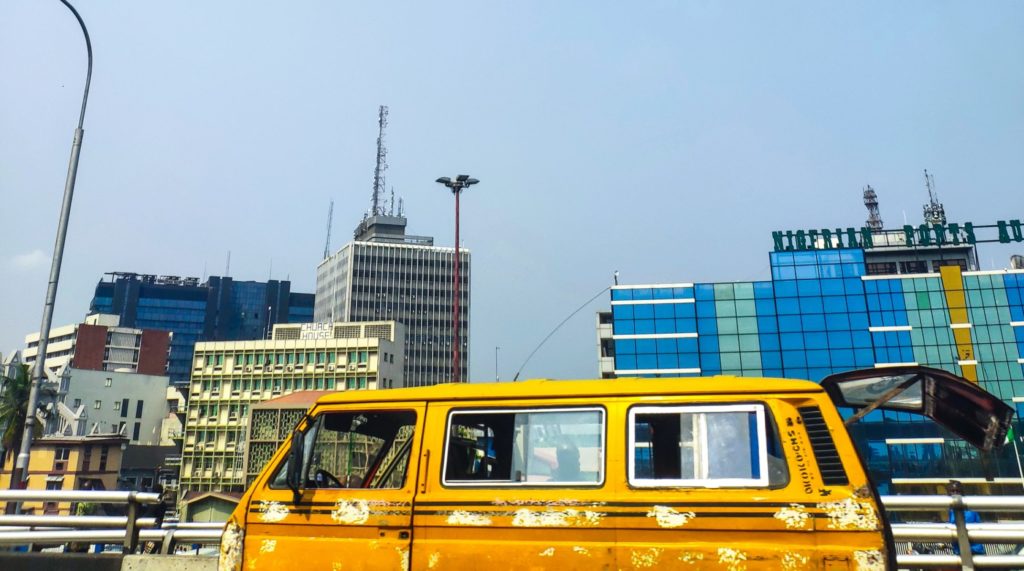
These days, finding one’s way around Lagos mostly involves peering at smartphone screens after punching instructions. Lara.ng is a popular web app that serves this purpose for commuters in Lagos who use public transport. It allows users to query the WhatsApp-esque interface in the format “from Ojota to Surulere”, and the system returns with detailed directions including fare estimates.
Now Google Maps provides a similar option, thanks to the help from Road Preppers. The partnership benefits both parties, Odeloye says.
According to him, Road Preppers has always had some sort of relationship with Google: “We were a part of the Google Ally program. Though the programme is now shutdown. Ally was working to connect Africa’s best startups to expertise and funding as part of Area 120, Google’s internal accelerator.”
Also, Road Preppers was one of the startups presented to Sundar Pichai, Google’s CEO when he visited Lagos in 2017. So, it was not a surprise when, in 2018, Odeloye received a call from someone at Google requesting a meeting to discuss tackling transit problems in Lagos.
This initial phone call culminated in the partnership. He says: “The partnership has opened doors for us.”
He did not disclose the terms of the engagement but mentions that it helps them access Google’s vast engineering capabilities, while Google has access to the data Road Preppers has gathered as well as their expertise with informal transit. He also points out that although the underlying service provides similar information, Lara.ng still differs to some extent. For instance, Lara.ng offers last-mile directions, like where and how to find keke (tricycles), which is not available on Google Maps.
Besides, the informal transit market is huge as Odeloye explains: “On the high side, about $ 7- 10m daily is spent daily on public transport in Lagos. Using the assumption of 75,000 minibuses (Danfos) based on a report from the world bank and then working the average revenue (N35K) made per vehicle.”
Outside Lagos, Road Preppers has captured data for informal transit in other cities, and even beyond Nigeria; in Nairobi, Accra, Kaduna, Ibadan, and Port Harcourt. But Odeloye didn’t share a launch date for Lara.ng in those cities, he says they’ll first have to make a good business case for such expansion before moving in.
Despite pouring resources into building a valuable service, the company has had challenges in generating income.
Advertising seems obvious as a potential source of income, but as Odeloye points out, the marketing budgets in Nigerian companies are limited so you don’t see many companies putting a lot of money in that direction. “You’ll be hard-pressed to find companies with one million dollars marketing budget,” Odeloye says, chuckling.
However, Road Preppers has been generating revenue from data licensing. Odeloye could not disclose those they have licensed to, due to confidentiality agreements, but he explains that: “Licenses are typically targeted at large mapping corps (mostly global brands), government authorities, city planners etc, to enable them make informed decisions and enrich their GIS services.”
And for Lara.ng, they have begun pilot testing location-based adverts, ride-share commissions and ‘Lara for events’ which allows event organisers show custom directions to attendees.
What’s next for Road Preppers? They are working on “key geographic expansion and strategic partnerships, the test and launch of our real-time transit data for informal transit model in select cities, and launching Lara in select cities.”
From Odeloye’s assertion that the Road Prepper/Google Maps partnership is a win-win for both parties, this seems like a lesson in collaboration for startups and (perhaps) validates Helen Keller’s words: “Alone we can do so little; together we can do so much.”







